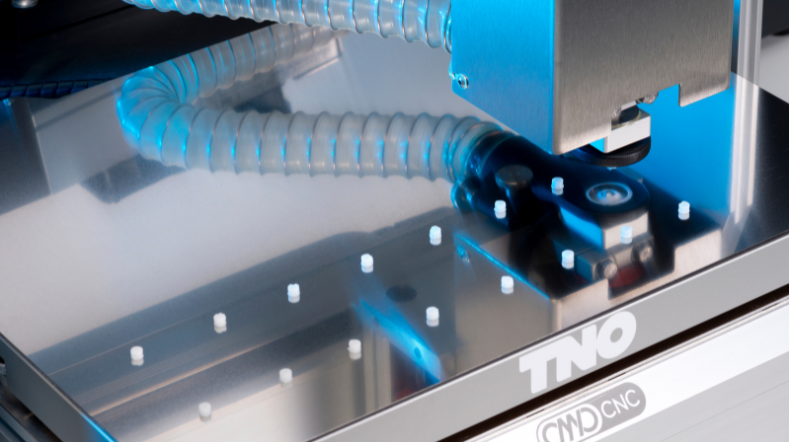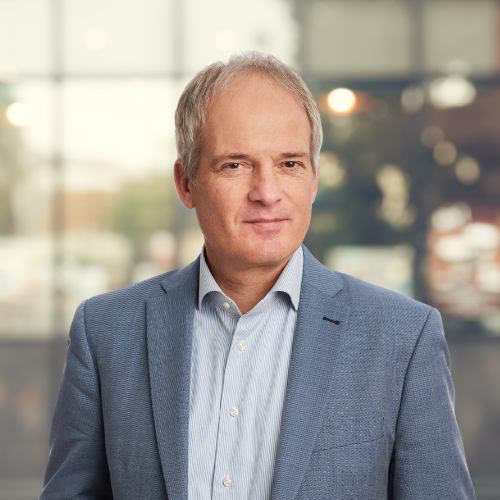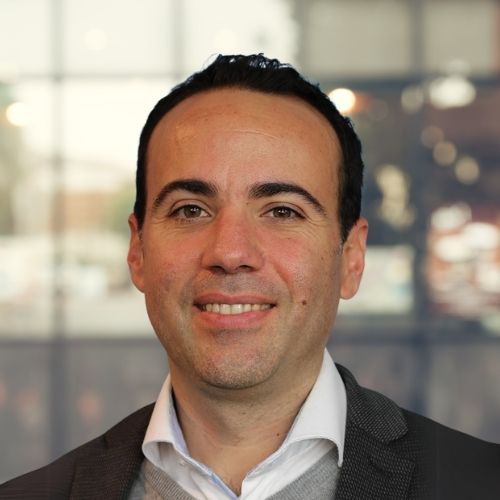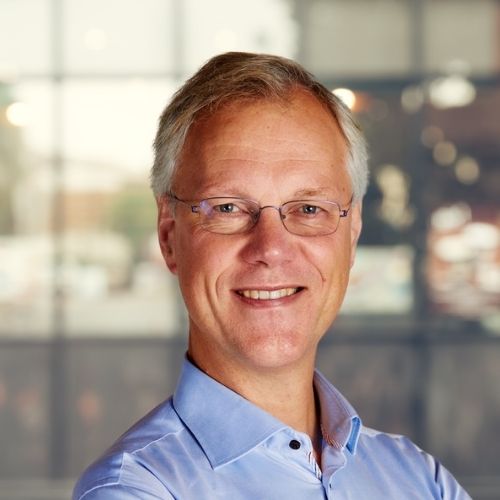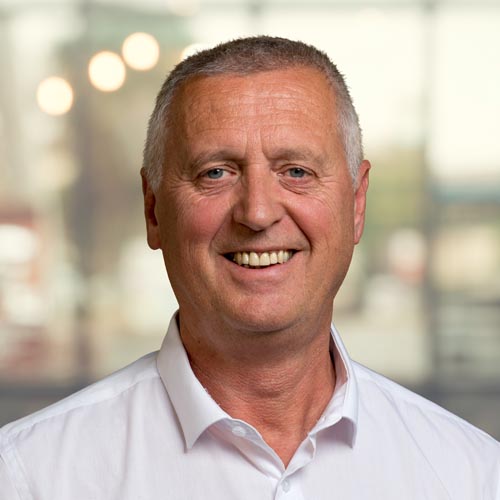Circularity of large household appliances in Kenya
Kenya has grown into the most industrially developed nation in East Africa. As a result the consumption of Large Household Appliances (LHHA) like refrigerators, washing machines, etc is growing. Current number of LHHAs in Kenya is still low, but will rise in the future. To strengthen circularity of LHHA several actions are proposed together with a pilot project to strengthen the active repair sector through a platform for information exchange.
Road ahead
The high value that LHHAs represent for consumers has resulted in an active repair sector. Households stick to their equipment, invest in repair activities and either give away or sell equipment that is no longer in need.
An Extended Producer Responsibility (EPR) policy is currently being discussed to be implemented in Kenya but still needs to be approved on in parliament. This EPR does not only concern LHHAs but also plastic packaging and ICT in general. Specific inclusion of LHHAs in the policy design is recommended.
The EPR alone is however not sufficient. A roadmap towards optimizing the current way in which LHHAs are dealt with during and after use should also comprise the following elements:
- Enhance value retention processes
- Increasing (inclusive) collaboration
- Increasing knowledge, awareness and safety
- Policy development, implementation and enforcement
Current capacity to further develop and implement the proposed roadmap is limited. Investments in capacity building are required before action can be taken to increase collaboration and further alignment between county and national governments.
Development of a basic infrastructure is necessary, with for LHHA specific technologies that allow for safe handling of refrigerators and other cooling appliances; the costs for such operations should be part of the costs the Producer Responsibility Organization (PRO) would have to make as a consequence of the EPR. Safe handling of such goods is not a commercial operation, but requires structural funding.
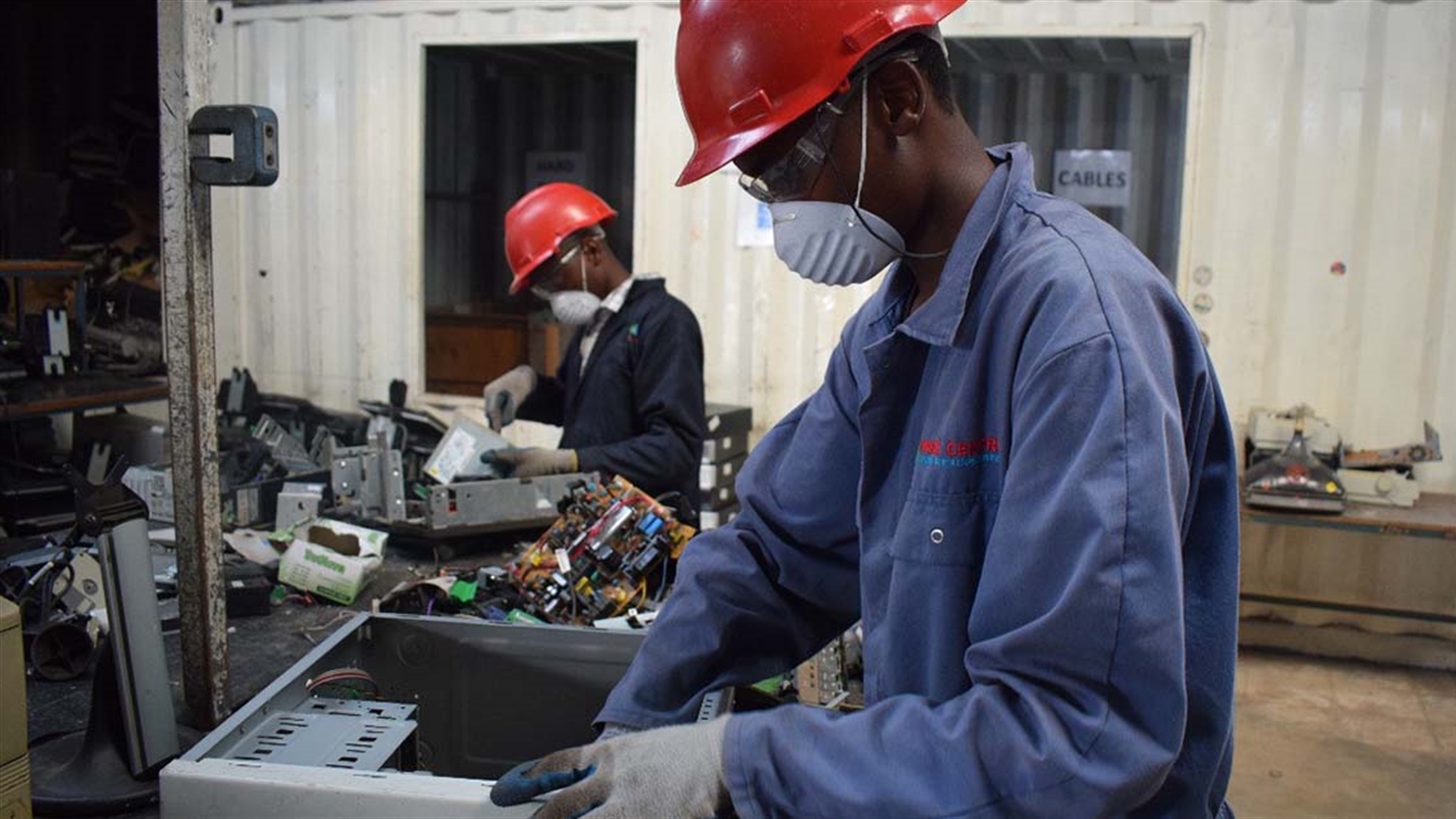
A platform for the repair sector
The scale of enterprises in the repair sector is generally small which hampers investments in equipment and knowledge building. From a business point of view, it will be advantageous to either increase volumes or (with the same goal) stimulate more intense cooperation. This not only calls for collaboration among all stakeholders covering both the informal sector and the formal sector, but also for cooperation between counties, especially now that waste management is a responsibility at county level.
An internet based platform is proposed to increase transparency with respect to available spare parts, available capacities and repair and test equipment and increased knowledge and information transfer. Increased connectivity between repair and refurbishment shops and spare parts manufacturers is foreseen to stimulate the existing circular processing of LHHA.
Acknowledgement
This project was executed by an international team led by TNO and complemented by the Kenyan consultancy SIB, who had a leading role in local data gathering and strategy development. The project was granted by CTCN (Climate and Technology Center & Network).
Read the resulting action plan
Download the resulting action plan including a description of the proposed pilot project.
Let's work together
As TNO we are currently looking for partners to realize the proposed platform for the repair sector. If you would like to participate in this please get in touch.
Get inspired
Microplastics in clothing


Japanese DNP opens Dutch R&D hub in partnership with TNO
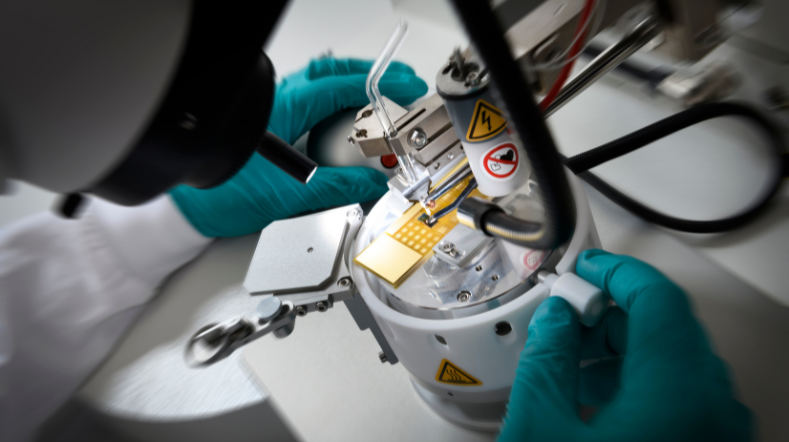

TNO’s Unit Defence, Safety & Security strengthens ties with South Korea
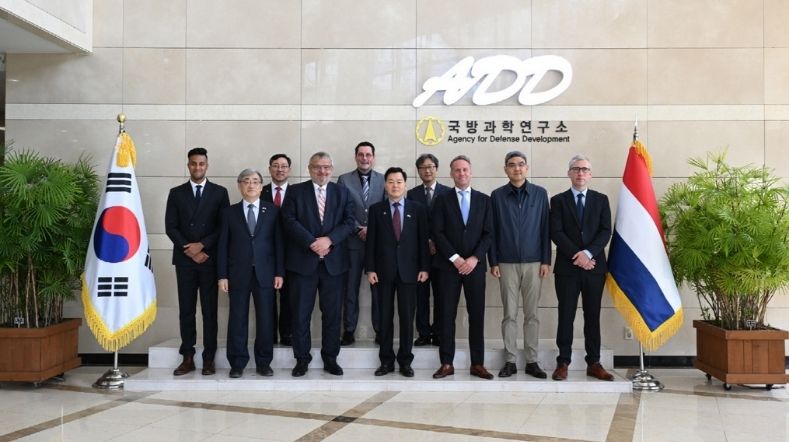

Dutch partners announce construction of climate satellite TANGO


3D pharma printing: Personalised medicine begins here
